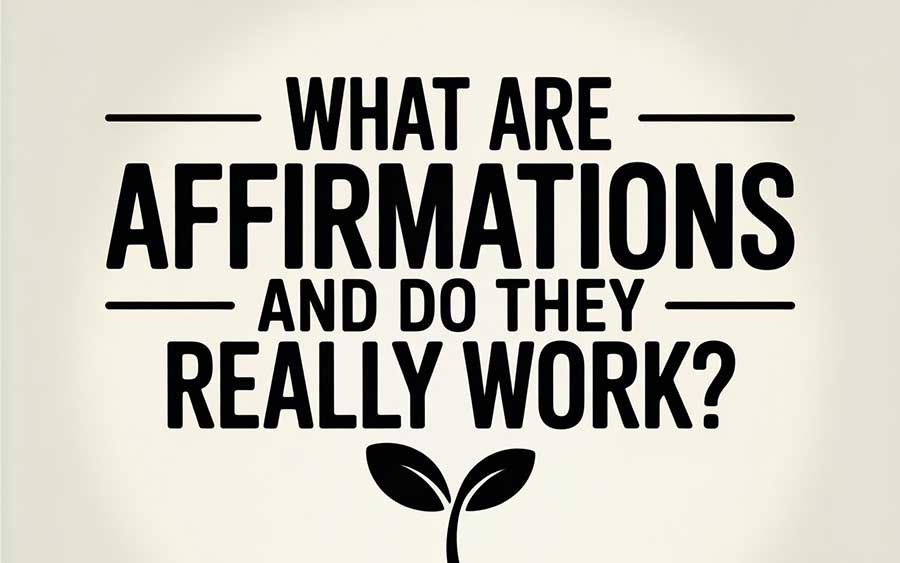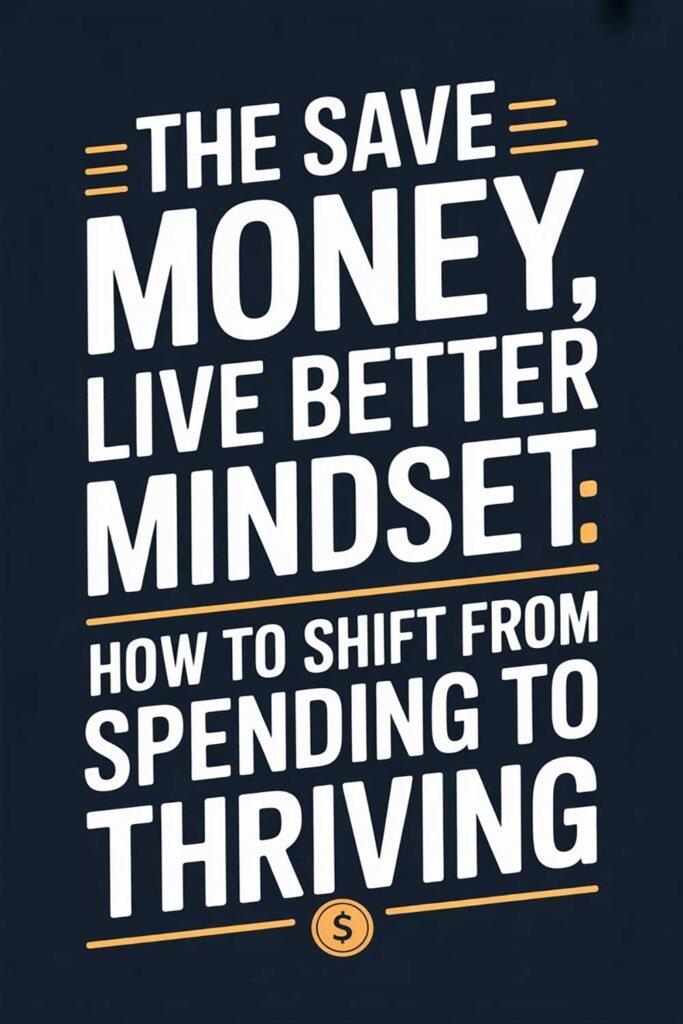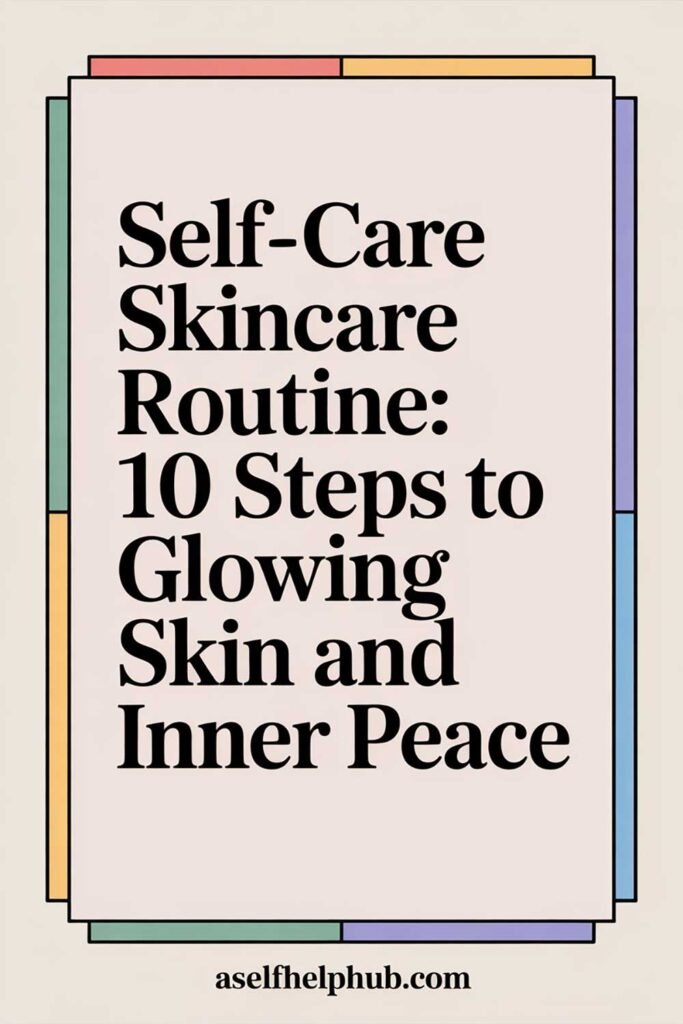
What Are Affirmations and Do They Really Work?
You’ve probably heard of affirmations — those positive statements people repeat to themselves daily. Maybe you’ve even tried them. But have you ever wondered what affirmations really are, how they work, and if they actually make a difference?
This isn’t just about wishful thinking or feel-good mantras. When used correctly, affirmations can be a powerful tool to rewire your mindset, build confidence, and create meaningful change.

Let’s dive deep into the science, psychology, and practice of affirmations — and why they might just be the daily habit you didn’t know you needed.
What Are Affirmations?
Affirmations are short, positive statements that are repeated regularly to influence your thoughts, beliefs, and behaviors.
They’re designed to:
- Replace negative self-talk
- Reinforce belief in your abilities
- Help align your mindset with your goals
Examples include:
- “I am worthy of love and respect.”
- “I am capable of achieving my goals.”
- “Every day, I grow more confident and resilient.”
Affirmations aren’t magic spells — but they do impact your brain, your emotions, and your behaviors in powerful ways.
The Science Behind Affirmations
Affirmations are grounded in a psychological theory known as self-affirmation theory, developed by Claude Steele in the 1980s. The idea is simple: people are motivated to maintain a positive self-image, and affirmations help reinforce that self-image, especially when it feels threatened.
How They Affect the Brain:
- Affirmations activate the brain’s reward centers, particularly the ventromedial prefrontal cortex, which is linked to self-processing and valuation.
- Repeating affirmations can help create new neural pathways, especially when combined with visualization and emotional engagement.
Over time, consistent affirmation practice can begin to reshape thought patterns and internal narratives.
Do Affirmations Really Work?
The answer? Yes — if you use them correctly.
Affirmations are most effective when they are:
- Personalized to your goals and values
- Believable (stretching your mindset, but not unrealistic)
- Emotional — tied to feelings of worth, strength, and purpose
- Repeated consistently over time
They are not a quick fix, but they are a tool — like brushing your teeth for your brain.
Real-Life Examples of Affirmations in Action
1. Sarah, the Stressed-Out Teacher
Sarah was overwhelmed with her job, doubting her value and capabilities. She started saying:
- “I make a difference every single day.”
- “I am calm, prepared, and resilient.”
After a few weeks, Sarah noticed she approached her day with more optimism. Her classroom management improved, and she even started applying for leadership roles.
2. David, the Entrepreneur Facing Imposter Syndrome
David had just launched his business but struggled with self-doubt. His affirmations were:
- “I am a confident and capable entrepreneur.”
- “I solve problems creatively and lead with purpose.”
He recorded them as voice notes and listened daily. Eventually, his pitch delivery improved, and he secured two major clients within a month.
3. Jasmine, Battling Body Image Issues
After years of struggling with her appearance, Jasmine tried affirmations like:
- “My body is strong, capable, and beautiful.”
- “I choose kindness toward myself.”
Combined with daily mirror work, her affirmations became a catalyst for healing. She later joined a support group and began mentoring others with body image challenges.
How to Create Effective Affirmations
Follow this simple formula:
1. Use the Present Tense
Say “I am confident,” not “I will be confident.”
2. Be Positive
Say what you want, not what you’re avoiding (e.g., “I am calm” vs. “I am not anxious”).
3. Keep it Specific and Personal
The more connected you feel to your affirmation, the more powerful it becomes.
4. Repeat Daily
Say them in the morning, during breaks, or before bed. Out loud is best, but writing them down works too.
5. Feel the Emotion
The more emotionally connected you are, the more your brain believes it.
Best Practices for Making Affirmations Work
- Pair affirmations with visualization
- Write them in a journal every morning
- Record them in your voice and listen during your commute
- Use sticky notes on your mirror or fridge
- Say them while looking yourself in the eye
Even if you feel silly at first — keep going. Repetition rewires belief.
Common Myths About Affirmations
“They’re Just Wishful Thinking”
No — they are cognitive conditioning. Athletes, CEOs, and therapists use them.
“They Don’t Work for Me”
Often, people use vague or unconvincing affirmations. Try adjusting them to be more believable and emotionally aligned.
“I Have to Feel Positive First”
Actually, affirmations can create positive emotion. You don’t have to be motivated to begin — starting is what builds momentum.
20 Quotes About Affirmations, Self-Belief, and Positive Thinking
- “You become what you believe.” – Oprah Winfrey
- “Affirm the positive, visualize the positive, and expect the positive.” – Remez Sasson
- “Words are free. It’s how you use them that may cost you.” – KushandWizdom
- “Affirmations are our mental vitamins.” – Tia Walker
- “You are what you say you are.” – Unknown
- “The more I affirm my worth, the more it shows up in the world.” – Unknown
- “Your mind is a garden. Your thoughts are the seeds.” – William Wordsworth
- “Positive thinking evokes more energy, more initiative, more happiness.” – Vincent Norman Peale
- “Talk to yourself like you would to someone you love.” – Brené Brown
- “Every word we speak either heals or hurts. Choose wisely.” – Unknown
- “Belief in oneself is one of the most important bricks in building any successful venture.” – Lydia M. Child
- “Act as if what you do makes a difference. It does.” – William James
- “Energy flows where attention goes.” – Tony Robbins
- “Our self-talk becomes our self-story.” – Unknown
- “Affirmations are the first step to self-transformation.” – Louise Hay
- “Change your thoughts and you change your world.” – Norman Vincent Peale
- “What you think, you become. What you feel, you attract.” – Buddha
- “Self-affirmation is self-liberation.” – Unknown
- “I am in charge of how I feel — and today, I choose happiness.” – Unknown
- “You are allowed to be both a masterpiece and a work in progress.” – Sophia Bush
Picture This
Imagine waking up and feeling confident — not because life is perfect, but because your mindset is calm and rooted. You start your day with a few powerful words, and slowly, those words start shaping how you see yourself. You face challenges with strength. You make decisions with clarity. You speak to yourself with kindness.
Over time, those words stop being just words. They become your beliefs. They become your truth.
Now imagine how different life could look — if you started believing in yourself a little more each day.
Please Share This Article
If this article helped you understand affirmations better or gave you a new perspective, please share it with someone you care about. It might just be the small mindset shift they’ve been needing.
Disclaimer
This article is based on personal experience, research, and general mindset tools. It is intended for informational purposes only and is not a substitute for professional medical, psychological, or therapeutic advice. Always consult a qualified expert for personalized help.






